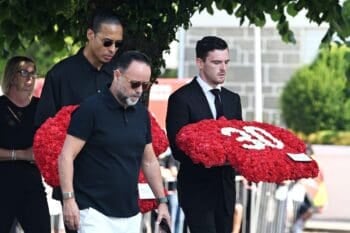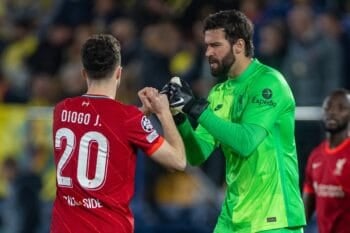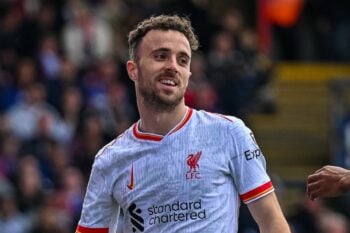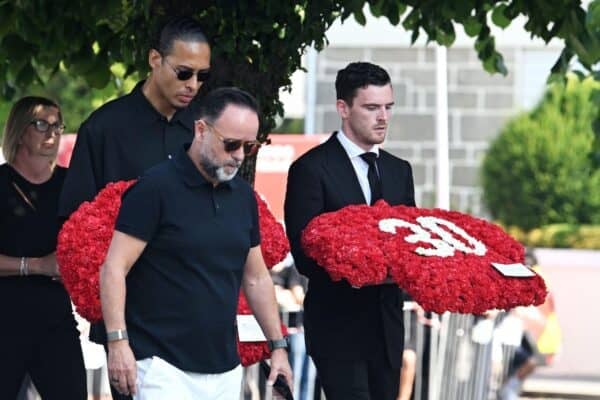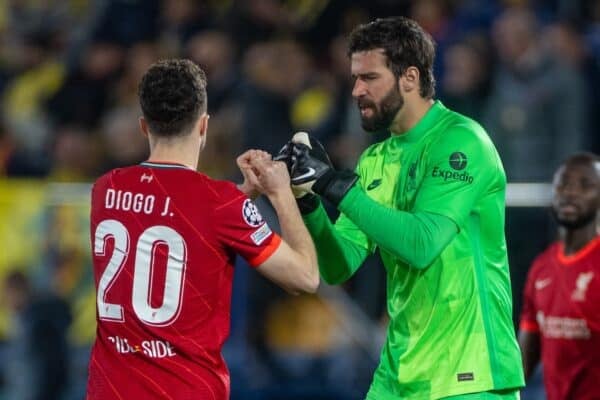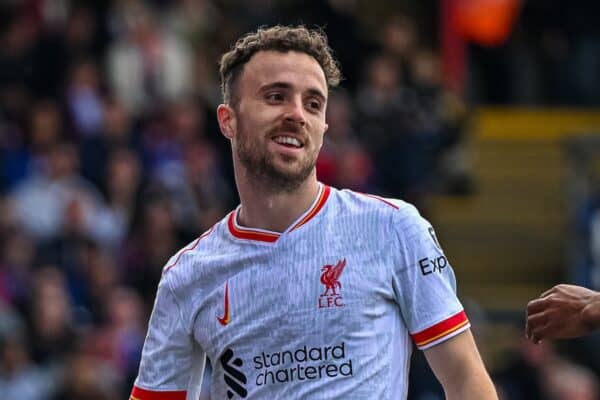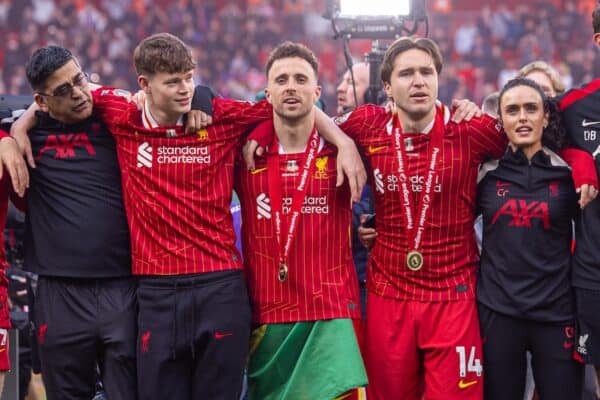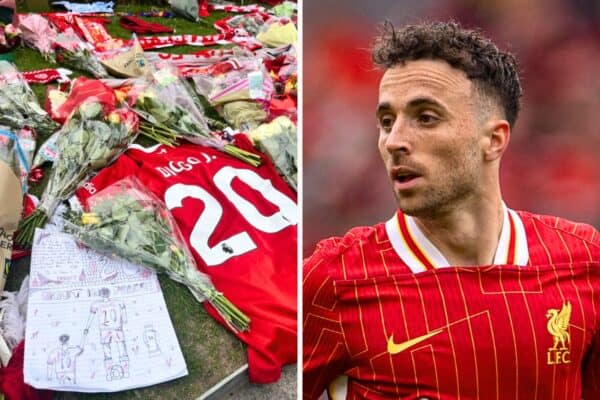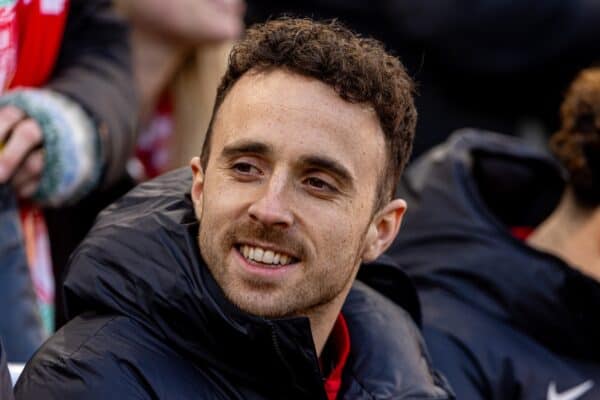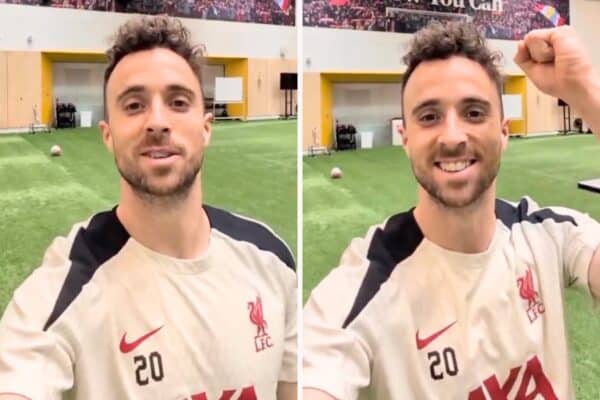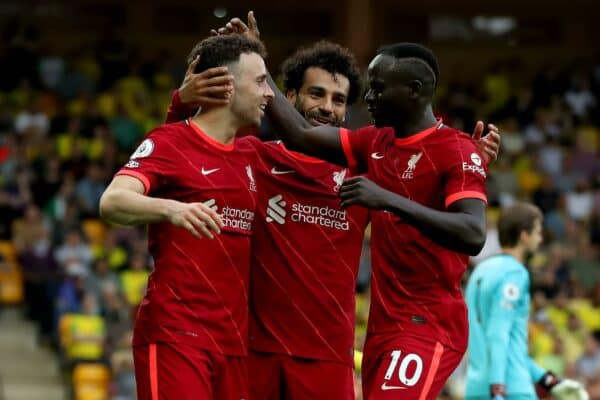After almost two days, it’s only now just starting to sink in as to exactly what we have achieved. Not only have we already won as many European Cups (5) as all other English clubs combined, we have now guaranteed that we’ll be making as many final appearances (7) as all other English clubs put together. If we can win in Athens on May 23rd, then we can also claim to have won as many as all British sides. Surely that must put us into an elite group of European clubs. Only AC Milan with six, and Real Madrid with nine, have won more than us. Bayern Munich, Benfica, and Juventus have also made seven final appearances each, winning four, two and two respectively.
Back at home, we’re already acknowledged as the most decorated and most successful football club in English history. Eighteen League titles, seven FA Cups, seven League Cups, and three UEFA Cups, are added to the five European or Champions League trophies already won. And that has been accomplished mostly over the last forty years under the direction of only eight managers. Of those eight, five have managed to bring us a European trophy.
Bill Shankly, Bob Paisley, and Gerard Houllier brought us one UEFA Cup each, while Paisley, Joe Fagan, and now Rafa have brought us the European Cups. Once we see that, we can see just how massive an achievement this is for Rafa. That becomes even clearer if we compare Rafa with a few other supposedly elite clubs and their managers from our domestic league.
Sir Matt Busby was the first manager of an English club to win a European Cup in 1968, one year after Celtic had become the first British club to succeed. Nine years later, Liverpool won two in a row under Bob Paisley who was the first English born manager to win the trophy. Brian Clough won the next two with Nottingham Forest before Bob Paisley and Liverpool won their third the following year. After that it was Aston Villa under Tony Barton, and then two years later it was Joe Fagan bringing Liverpool our fourth. The following year should have been another glorious European campaign, but it ended in disaster at Heysel. It would be a long time and even longer for Liverpool, before any English club would be allowed to re-enter the competition and the European Cup return to England.
A few years after English clubs were re-admitted it was Manchester United winning in 1999, which was a large part of the justification for Alex Ferguson’s knighthood. Naturally there were questions as to whether it should be granted if it had not also been given to previous managers who won the trophy, including Brian Clough for his two and Bob Paisley for his three. The explanation at the time (and is still the explanation today) was that the 1999 trophy was part of a unique treble of League, FA Cup, and European Cup. But that had already been achieved by Joe Fagan when he won the League, League Cup, and European Cup in 1984. What is also unique is the achievement of Bob Paisley being one manager winning three European Cups (not to mention the eleven other major trophies won during his eight years in charge).
To say that a club is part of an elite European group should imply that there is some considerable history of success in European competition. There were a few years of glory for Nottingham Forest, but they have long since passed. Aston Villa went into a rapid decline for several years after winning in Europe, and were relegated to the Second Division for a season, before returning to the top flight in 1989. Out of most of the other English clubs to have competed in Europe, only a few have had success. That includes Leeds United with two UEFA Cups, Newcastle United with one UEFA Cup (and one Intertoto Cup), Tottenham Hotspur with two UEFA Cups and a Cup Winners Cup, and Ipswich with one UEFA Cup. Everton, West Ham, and Manchester City have won one Cup Winners Cup each. But, all of those were more than twenty years ago, and none of them have been collecting major silverware for more than a few years.
If we look more closely at the English Premier League‘s ‘œBig Four’ of Liverpool, Arsenal, Chelsea, and Manchester United a little more closely, how many of them can claim to be in that elite group? Manchester United’s two European Cups came thirty one years apart (1968 and 1999), with a Cup Winners Cup in between in 1991. Chelsea have won two UEFA Cups twenty seven years apart (1971 and 1998), and Arsenal have won one UEFA Cup (Fairs Cup) in 1970 and a Cup Winners Cup twenty four years later in 1994. If we add it all up, then Liverpool’s five European Cups and three UEFA Cups easily overshadow the other three ‘œBig’ clubs’ total of seven between them.
Arsene Wenger has been at Arsenal for ten years and has led them to one appearance in a European final, the Champions League 2006, where they lost to Barcelona. Alex Ferguson has had twenty years at Manchester United, and while he’s undoubtedly been successful in the Premier League and the FA Cup, he has managed only one European final appearance which was their 1999 Champions League success. Jose Mourinho came to Chelsea with so much promise after leading FC Porto to the Champions League in 2004, saying that it would take up to three years to build Chelsea into European Champions. Now at the end of three years, he has managed to reach two semi-finals, losing out each time to one of the true European elites.
Now we look at our own Rafael Benitez. He has had the same three year time period as Jose Mourinho, and in that short time has won one Champions League and is on the verge of winning a second. There’s no doubt that Rafa is going to be in charge of Liverpool for many years to come. George Gillett and Tom Hicks have both given enthusiastic votes of approval to what he is doing and are anxious to help wherever they can. That includes increasing the money available to bring in new players, and to retain the players that we have now, who he identifies as the ones who will raise the club to an even higher level. When you compare the amounts of money that have been available to Rafa, Ferguson, and Mourinho, who would you expect to be the more successful? We know that it’s not so easy to buy champions who are guaranteed to win trophies. We also know that you can’t buy history and you certainly can’t buy class. With Rafa in charge at Liverpool we have both; and that’s priceless.
Keith Perkins


